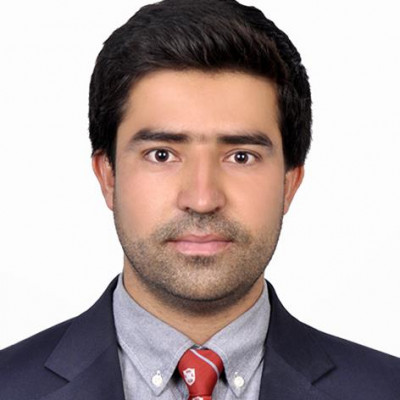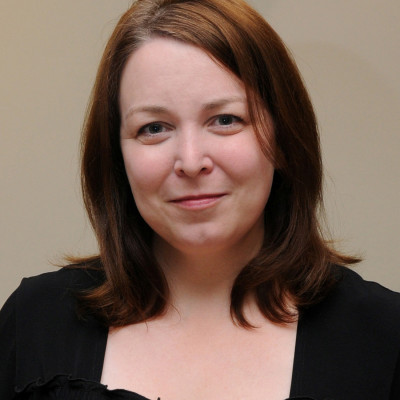Sessions / Other Issues
Does TESOL Teacher Motivation Matter? - Values vs. Rewards #2998
The COVID-19 pandemic highlighted the plight and issues of teachers in the field of education. Numerous studies have been conducted on student motivation. However, there have scarcely been studies on teacher motivation, especially in the TESOL field. This study explores the relationship between the values and the rewards TESOL professionals associate with and earn from their work and career. To this end, a modified version of the instrument used in Kassabgy, Boraie, & Schmidt’s (2001) study was utilized and the data from 368 TESOL professionals worldwide were examined. Echoing Kassabgy et al., intrinsic motivation was found to be a key element to job satisfaction and motivation. However, this study found slightly different factors and loadings than those in Kassabgy et al., indicating a trend away from relationships with coworkers as important teacher values. This may be due to the development of social networking and the shift of support structures.
Ideological Shifts and Developing Language Identity in Afghanistan #2787
This presentation discusses how dynamic shifts in the global era influenced Afghan’s willingness to invest in learning a new language, and how this investment is tied to issues of ideology, capital, and identity. This qualitative study employed narrative data collection techniques of narrative frames and semi-structured interviews to comprehend the experiences of Afghans who have lived through a relatively prosperous time in Afghanistan’s recent history, yet who also face uncertainty due to sudden shifts in power that threatened the conditions which had allowed them to align themselves with more global ambitions. The participants were selected as they had all graduated with a degree in English, with most gainfully employed because of this degree. Discussions center on how societal power shifts in Afghanistan initially drove investment in learning English and aligned Afghans with western based ideologies and transnational identity positions. It also exposes how recent geopolitical upheaval impacts the perception of this investment and threatens the possibility of participants maintaining their positions as linguistic entrepreneurs.
Machine Translation: Friend or Foe? #2987
Teachers have dealt with different types of plagiarism issues over the years, but recently machine translation (MT) programs such as DeepL or Google Translate have changed the game for many. While no one would argue the benefits of using MT in everyday situations, the issues are not so clear cut when it comes to language learning. How much MT is acceptable, especially within a writing or research course? Should MT be considered the same as other types of plagiarism, with the same types of penalties? This researcher and her colleagues have struggled with these issues and have come up with a variety of techniques and suggestions to help students, teachers, and administrators navigate them. These include guidelines and resources for both teachers and students, especially in terms of knowing when to use MT, how to identify it, protocols and policies for transgressions, and more.
MA and PhD Perspectives from University of Birmingham Students #3096
In this 50-minute interactive panel discussion, 2 MA graduates and a current PhD student will share their perspectives and answer questions related to: being distance based graduate students. We will share our journeys to becoming students; along with tips, suggestions, and workarounds for successful learning and research during Covid. We will also discuss if attending graduate school is the right choice (hint: it's not for everyone and there's some good reasons for/against). We will also explain some of the actions we've taken to understand and further Diversity, Equity, Inclusion, and opportunities for Open Scholarship. We welcome questions from attendees and look forward to creating a welcoming session with thought-provoking takeaways for attendees.








